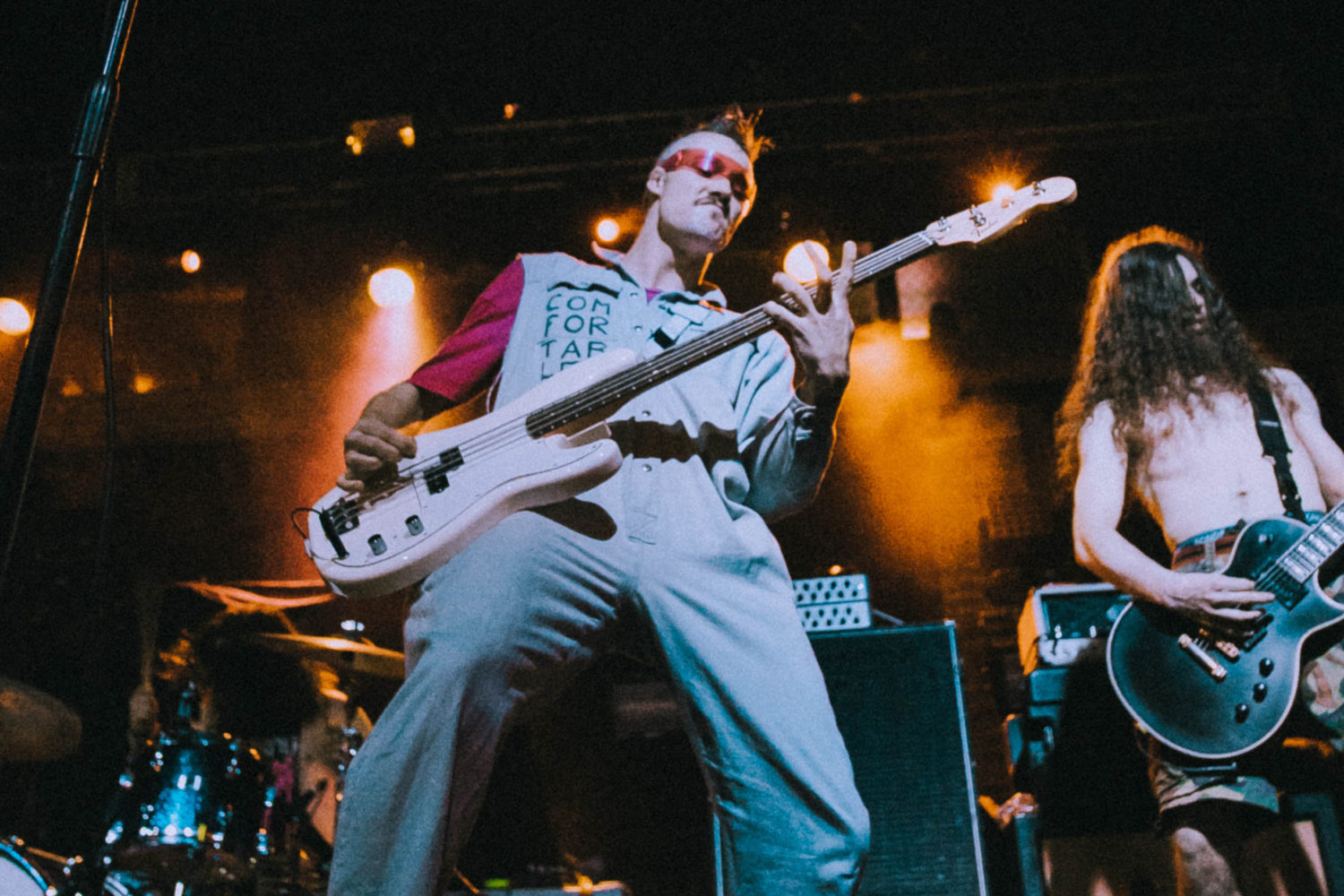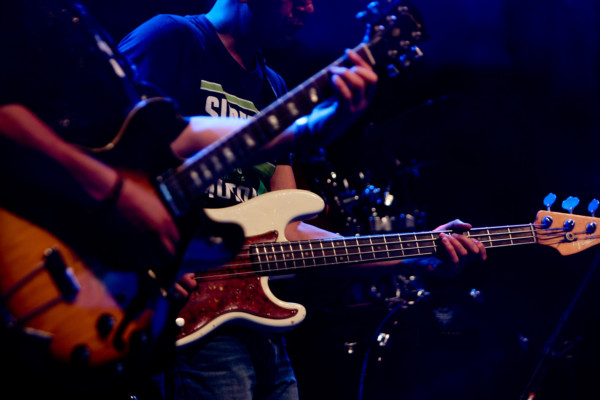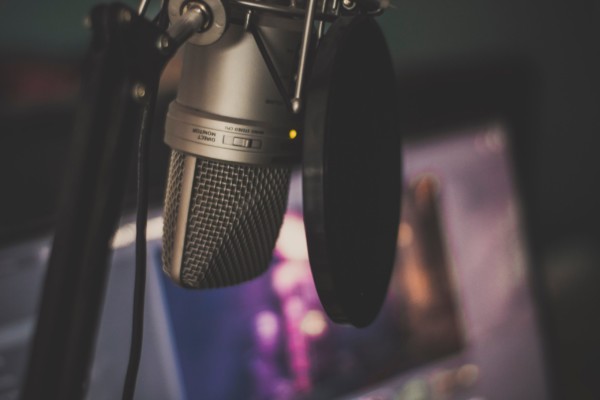How Do You Access Your Emotions When Playing?

Q: How do you access your emotions when you’re playing?
A: Wow, that’s an interesting question. I imagine that the answer may be different for everybody. I also expect that there is no perfect recipe but that, rather, all we can do is try to foster those environments and mind-spaces in which we tend to play at our best.
Generally speaking, I think that you may be referring to what is commonly called “being in the zone”. That space and time wherein everything just kind of clicks. Your pocket is immoveable, there are no wrong notes, every idea is gold, playing is effortless.
I envy people that can live in that space all of the time (if there truly are any) but, for me, that space is come and go. Hit or miss… you can never tell until the gig really gets going. That said, I’ve found that it comes more and more often depending on a few things:
- How prepared am I for the gig?
- Am I well rested?
- Am I comfortable with my instrument? (Am I in musical shape? Have I been practicing and pushing myself?)
It boils down to this: If I’m thinking too much, I’m not as engaged with the music. Whether it’s because I’m unprepared musically, physically or mentally. If my brain is churning on what to play, when to play it, and what comes next, I’m not in the moment at all. I’m operating and playing with my brain first and my ears second.
But, when I am fully prepared and comfortable in every way, I am far more relaxed and can operate more in my unconscious mind, musically. It’s like those moments when you are between waking and sleeping and you remember that thing you couldn’t remember, or figure out an answer or new perspective on something you’ve been thinking about. When we let our conscious and unconscious minds relax and roam freely, it seems to me that they do a better job of functioning than when we try and get a strangle-hold on them and find the ‘answer’ by brute force.
When I’m fully engaged but not forcing anything… just being in the moment, I can listen and be playful with the music. I can better hear how things are working. There are no longer wrong notes because I am not stressed about them but rather embrace them as an opportunity to develop an interesting resolution of some kind. I also don’t dwell on mistakes because it’s a natural part of playing live and they, therefore, don’t affect the rest of my playing (whereas when you can’t stop thinking about that bum note, you tend to play more bum notes because you’re getting further and further outside of the moment).
I have also found that some of those moments come when I am actually more emotional than usual, as well. If I’m angry, sad, frustrated, etc… And I think the reason is the same on some level.
When I’m emotional, I approach the music differently. Basically, I get more aggressive and think less. I don’t think as much about what and how but, rather, kind of throw my hands in the air, say “screw it” and charge forward.
Basically, I stop thinking and enter a headspace where I’m only acting & reacting.
It’s can be a very similar headspace (although, possibly one with a higher blood pressure reading).
Ultimately, for me, it’s about being as prepared as possible so I can relax and then, just letting it all happen without trying to do anything.
I also believe that having spent years with your instrument in your hands helps to transfer that emotion to the audience. You have to feel comfortable with what you are doing on many different levels. That does NOT mean that you need to be a hyper-articulated shredder type bass player.
Quite the opposite, in fact, I think…
Life is messy. Emotions are messy. It depends on what style of music you are playing, of course, but sometimes being too in control can be the enemy of emoting through your art. Sometimes it requires that you just let things happen, if they want to happen.
It depends on what you are playing.
Blues, funk, punk, etc…? sometimes needs that freedom and slop because real emotions are messy!
Classical etudes? not so much. Emoting is more about articulation, phrasing, pulse, and control.
There is no one answer but to be in as good shape as you can musically and then release yourself to the music, in the moment, and try to embody whatever is required of you to speak in the appropriate voice.
To quote Yoda, “Do or do not. There is no try”
Once one stops “trying” so hard, that’s the moment it generally starts to really happen. When we try, we think and over-thinking is often the enemy expressing freely in music.
Have a question for Damian Erskine? Send it to [email protected]. Check out Damian’s instructional books, Right Hand Drive and The Improviser’s Path.



Beer helps me. lol